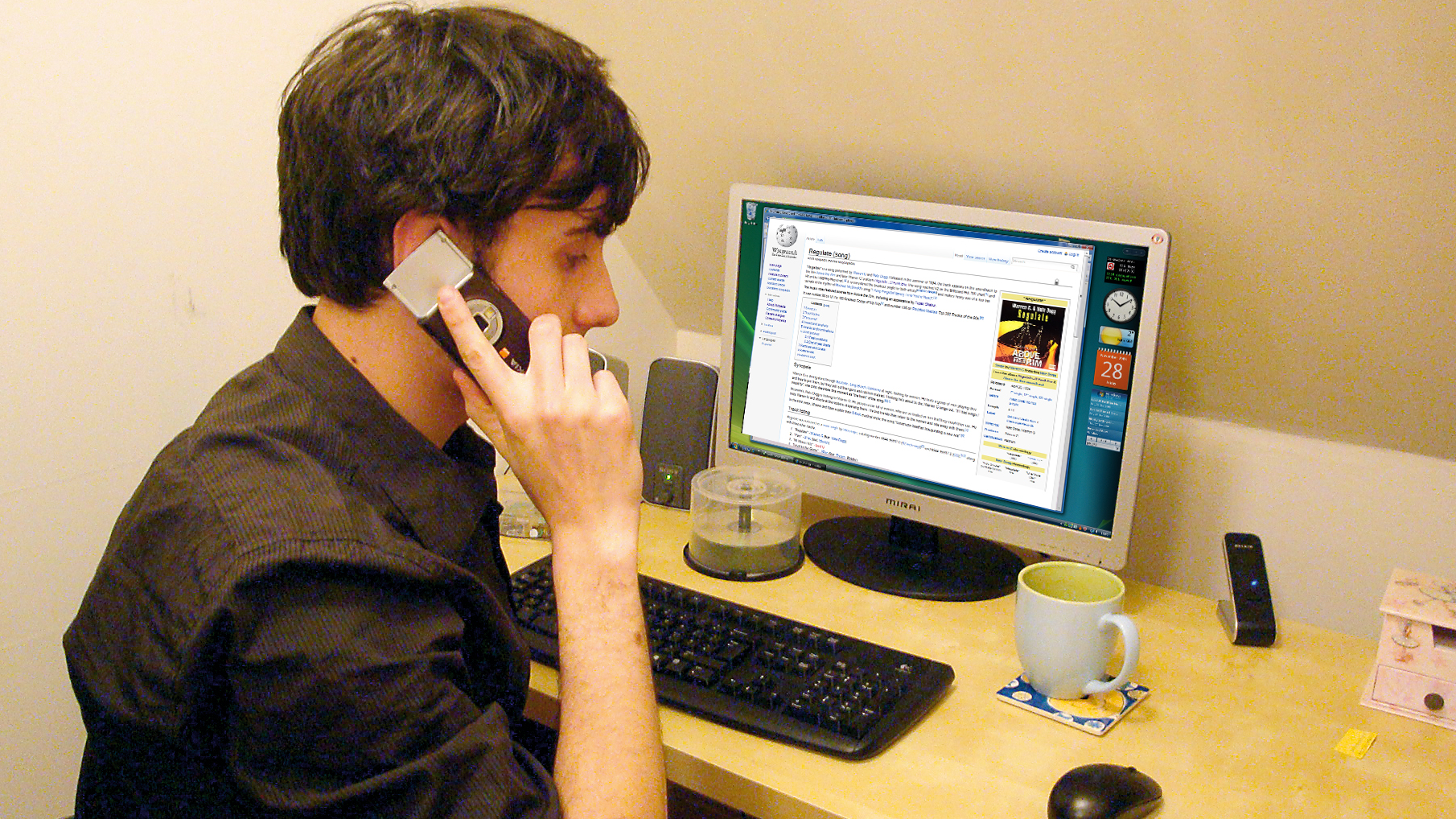Reincarnation of first ever web page aims to show how far we've come
Here's hoping there's no comic sans

Cern is taking a break from its busy schedule of trying to find the God particle to recreate the internet's first ever webpage.
The plan is to restore the page and thus the original hardware and software used to build it and the web.
It's basically the internet equivalent of a living museum, complete with overzealous reenactment actors and Roman money.
Early days
So what's the point? Cern's web manager Dan Noyes explains that it's to help people understand how quickly and majorly the web has changed already in it's short life, and remind people of the values that Cern pumped into the web when it was first developed - specifically universal access and freedom of information.
"I want my children to be able to understand the significance of this point in time: the web is already so ubiquitous - so, well, normal - that one risks failing to see how fundamentally it has changed," he told the BBC.
"We are in a unique moment where we can still switch on the first web server and experience it. We want to document and preserve that."
Anyone who thought the first web technologies would be laughable by today's standards needs to step off. The graphical capabilities were strong for the time, Cern's James Gillies says.
Get daily insight, inspiration and deals in your inbox
Sign up for breaking news, reviews, opinion, top tech deals, and more.
"You could edit into it straightaway," he explained. "It was an amazing thing. It was a very sophisticated thing."
As long as there's no Comic Sans to speak of, we'll be happy.
From BBC
Former UK News Editor for TechRadar, it was a perpetual challenge among the TechRadar staff to send Kate (Twitter, Google+) a link to something interesting on the internet that she hasn't already seen. As TechRadar's News Editor (UK), she was constantly on the hunt for top news and intriguing stories to feed your gadget lust. Kate now enjoys life as a renowned music critic – her words can be found in the i Paper, Guardian, GQ, Metro, Evening Standard and Time Out, and she's also the author of 'Amy Winehouse', a biography of the soul star.